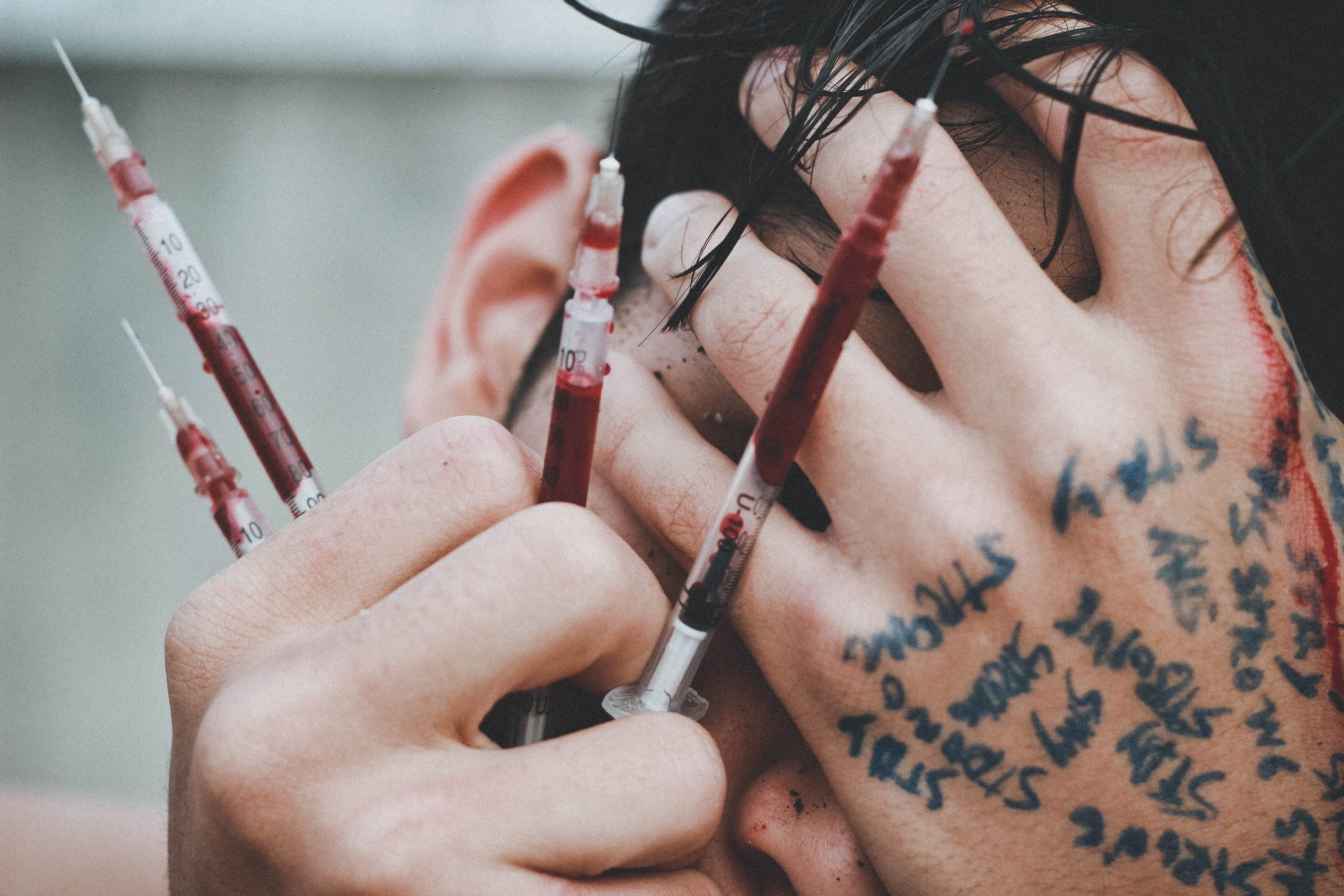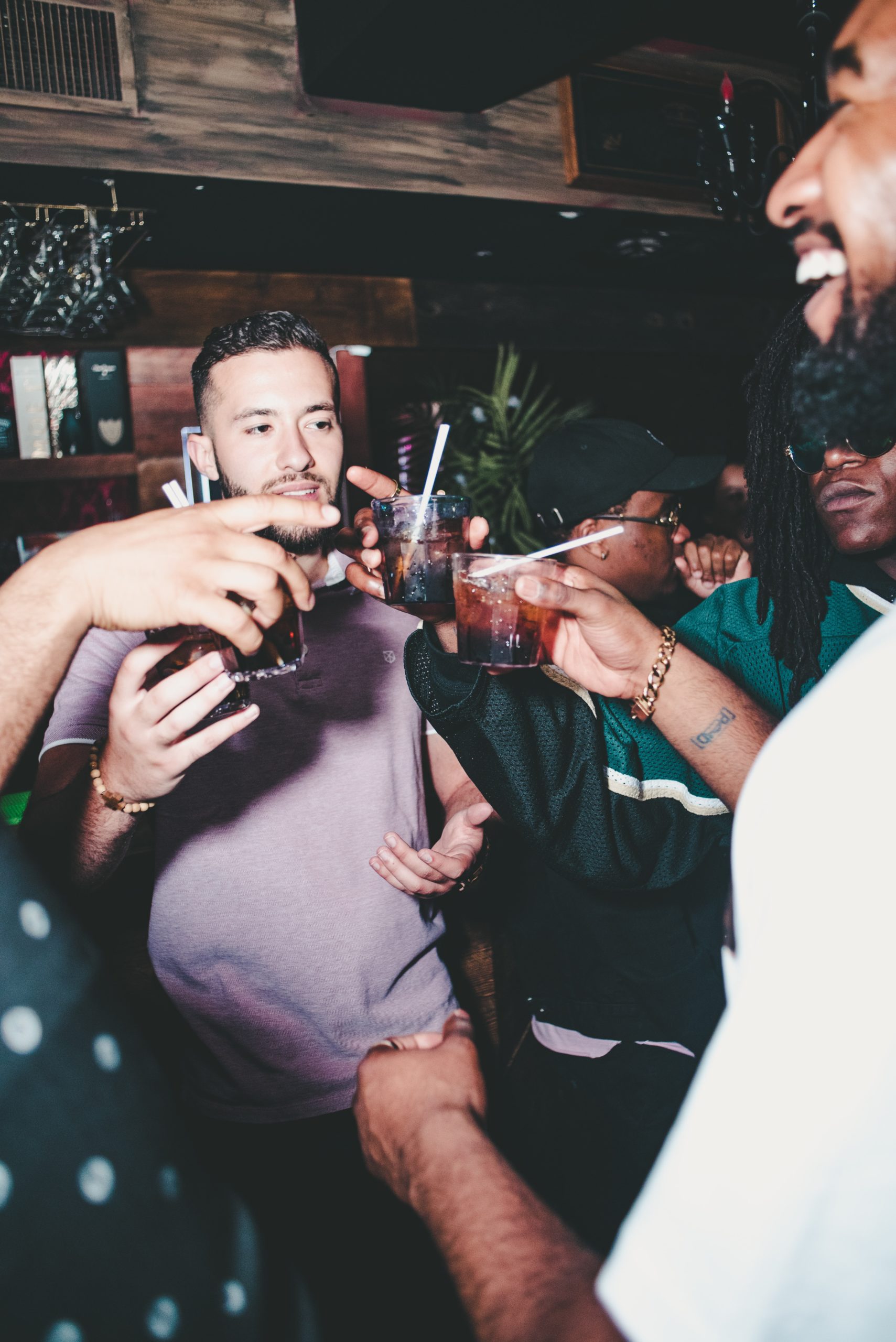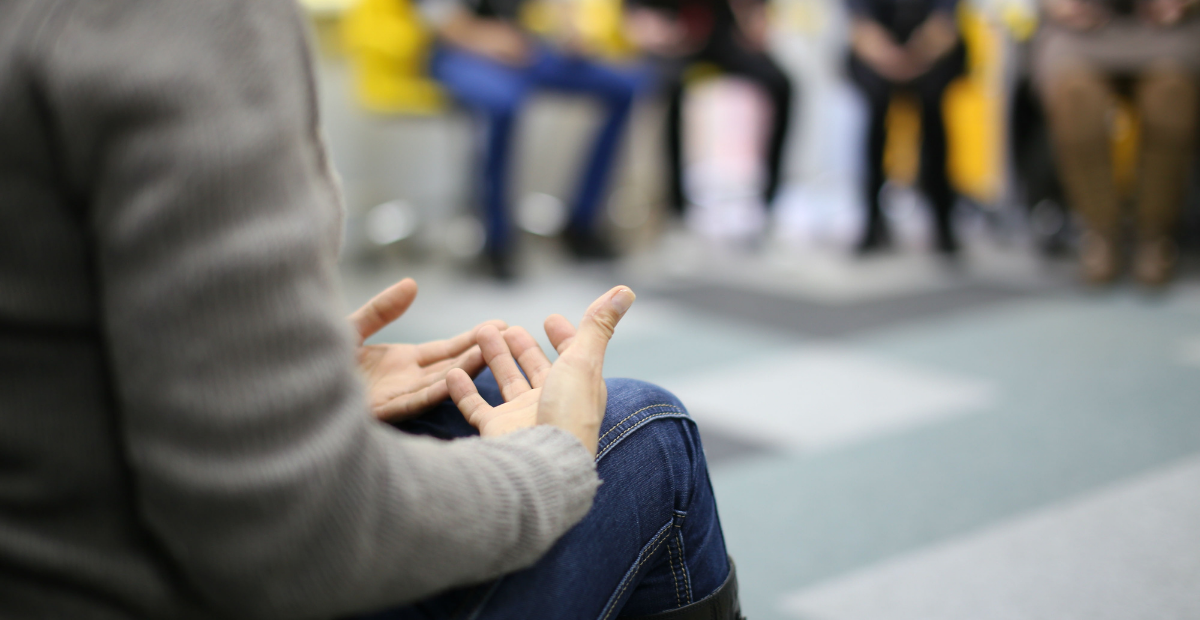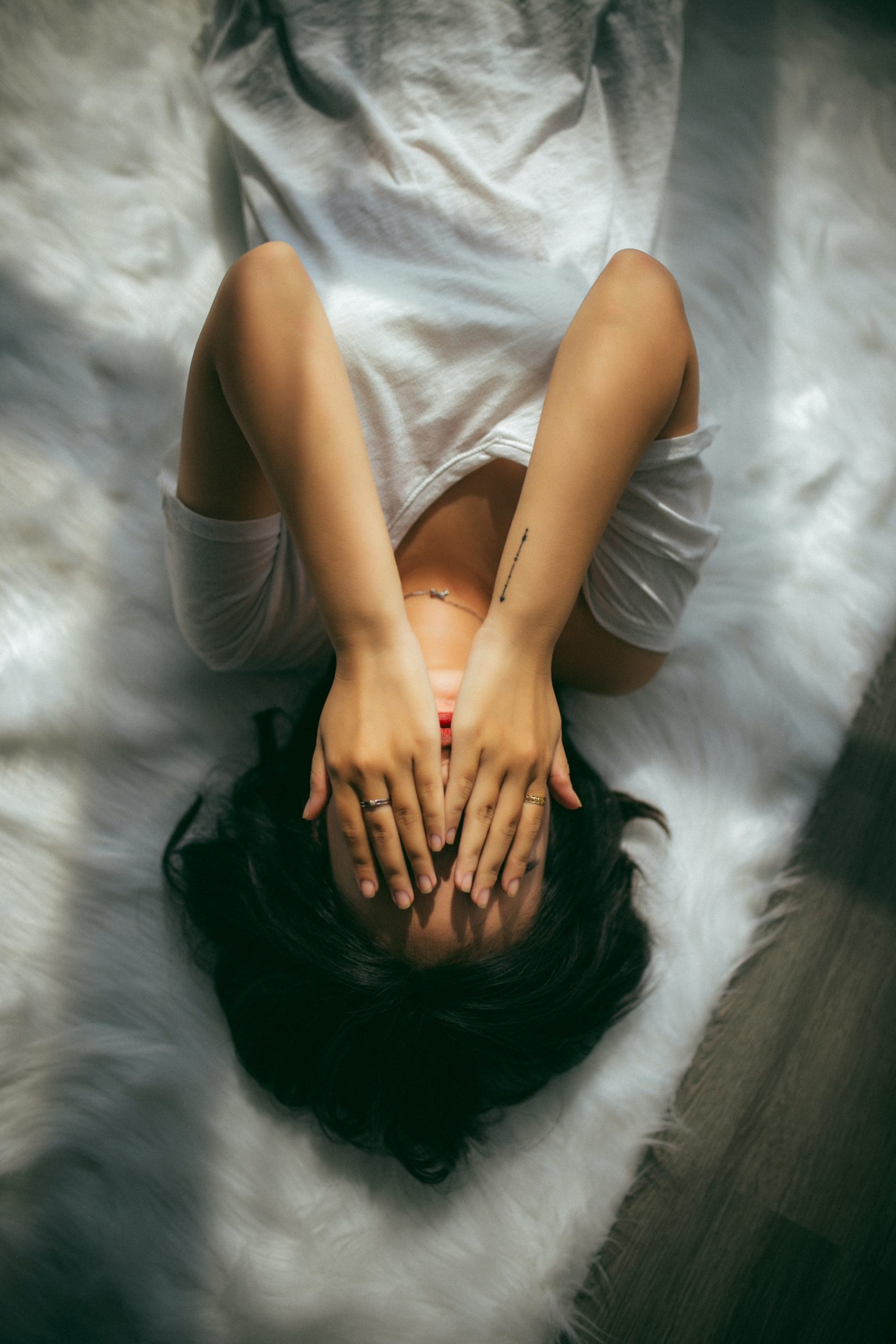What is GHB Drug?
GHB drug or Gamma Hydroxybutyrate (C4H8O3) is a central nervous system (CNS) depressant that is commonly referred to as a “club drug” or “date rape drug”. GHB is abused by young adults at bars, parties, clubs, and “raves” (all-night dance parties) and is often placed in alcoholic beverages. Euphoria increased sex drive and tranquility is reported as positive effects of GHB drug abuse. It can produce effects ranging from euphoria (at low doses) to blackouts and amnesia.
The chemical compound became famous as a surgical anesthetic in the 1960s, then gained notoriety as a party drug and fat burner in the 1980s. The body produces small amounts of GHB drugs naturally in the brain.
Some meats, beer, and wine also contain GHB; the average liter of wine holds between 4 mg and 21 mg of GHB. Conversely, illicit GHB confiscated from clubs, and street sales commonly have between 500 mg and 3,000 mg of GHB. Aside from the substance of abuse, the GHB drug is also known as a date rape drug because of its sedative side effects and because it can be easily slipped into drinks.
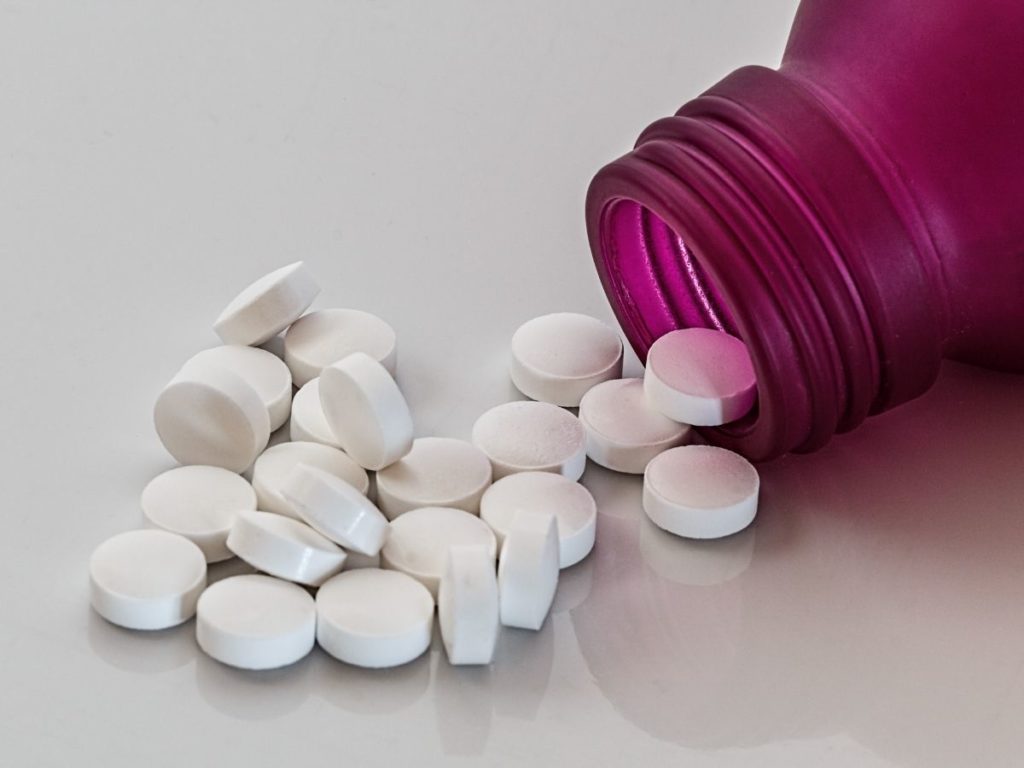
GHB Street Names:
- Gamma Oh
- Georgia Home Boy
- Great Hormones At Bedtime
- Grievous Bodily Harm
- Growth Hormone Booster
- Liquid Ecstasy
- Liquid X
- Salty Water
- Sleep
- Vita G
A Xyrem is a medication with GHB drug used to treat narcolepsy, it is strictly regulated as a Schedule III substance and not available in regular retail pharmacies. On the other hand, Illicit GHB is created by street drug manufacturers and frequently sold on the internet as a Hallucinogen. It can be found as a colorless, odorless liquid or a white powder that may have a soapy or salty taste.
Most people have heard of GHB because of its popularity in the club and electronic music scenes. Some report using the drug for its alcohol-like effects, which occur without the associated loss of body control, slurred speech, or hangover. Gym-goers have also reportedly used the drug to burn fat and build muscles.
However, sexual predators have also used GHB as a date rape drug by pouring the nearly undetectable substance into an unsuspecting victim’s drink. The amount used by these criminals is usually enough to make the victim lose consciousness, leave them unable to defend themselves, and cause them to forget the details of what happened the next day.
How Long Do The Effects Of GHB Drug Last?
GHB side effects kick in within 10 minutes and can last for up to seven hours. GHB’s long-lasting high is the main reason why users take it during events like raves or parties that are meant to last all night. How long GHB stays in your system can range between two and five hours, depending on the person.
The more GHB someone takes, the longer it may take his or her body to rid itself of the drug. Factors like weight, age, dose, diet, alcohol intake, drug interactions, and metabolism can all affect how long the effects of GHB last and the duration of its presence in a person’s body. The GHB dosage and frequency of abuse can also affect how long it takes for a person’s body to release it.
The Dangers Of Mixing Alcohol with GHB Drug
GHB is dangerous enough on its own but can quickly become fatal if mixed with other Depressants, including alcohol, Benzodiazepines, Opioids, and Barbiturates. When these substances are taken together, functions the CNS is responsible for (such as breathing and heart rate) are slowed to the point that they may stop altogether.
There are signs of being on the lookout for if you think someone is under the effects of GHB and other substances. Alcohol and GHB can make someone feel sick, leading to nausea and vomiting. In addition, they may act uncharacteristically sluggish or confused. If they are hallucinating, they may not be able to respond appropriately or even walk. If the individual passes out, or if their breathing becomes erratic, seek immediate medical attention.
GHB Drug Addiction & Abuse
It is possible to become addicted to GHB. When users take the drug repeatedly at low doses, they can develop a tolerance to its effects. Unfortunately, this means they’ll need to take more and more of the drug to get the same effects.
GHB’s popularity as a substance of abuse has decreased. It is most often abused as a date rape drug, so the person who consumes it will likely not know they have taken it.
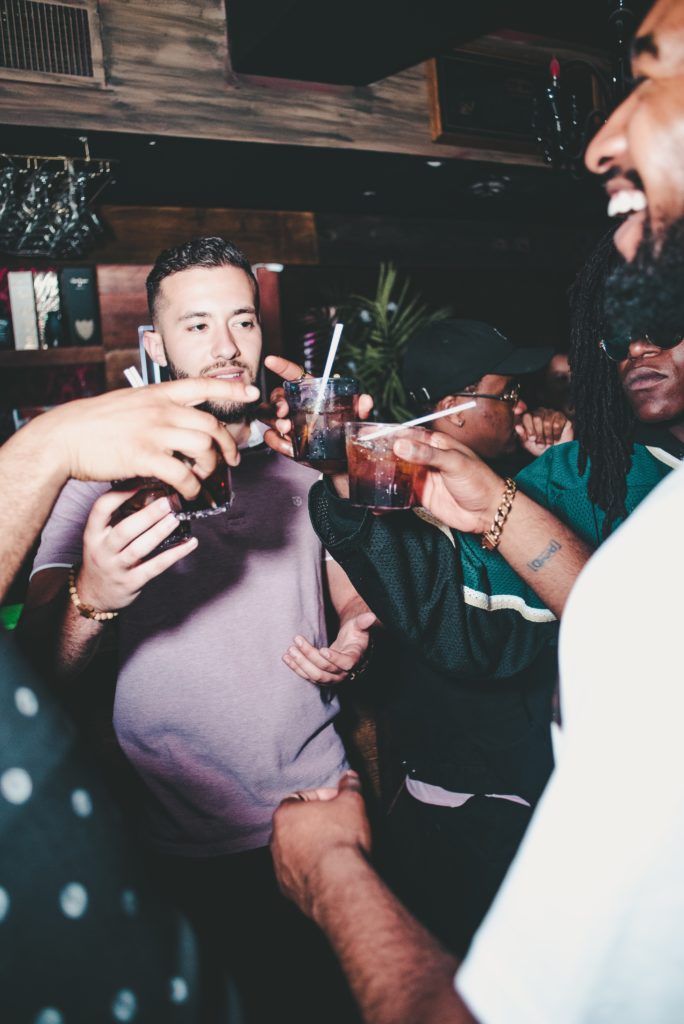
However, people who abuse GHB for recreational reasons may be:
- Bodybuilders or athletes trying to lose weight.
- People who suffer from insomnia or irregular sleep patterns.
- Older adults who took GHB as an anti-aging compound.
- Adolescents or young adults who encounter drugs at a nightclub, party, or rave.
- People who struggle with depression.
- People who previously abused alcohol or benzodiazepines.
- Those suffering from chronic pain who did not experience a benefit from other substances.
People who suddenly quit GHB after abusing the drug for months or years are at risk of experiencing withdrawal symptoms. They are most likely to be uncomfortable during detox treatment. Intense cravings increase the risk of relapse back into drug abuse.
Overdose Symptoms From GHB drug Abuse
- Headaches
- Nausea
- Vomiting
- Hallucinations
- Seizures
- Reduced Breathing and Heart Rate
- Amnesia
- Loss Of Consciousness
- Coma
- Death
GHB Withdrawal
When a person stops taking GHB, they may experience withdrawal symptoms — especially if their body has become dependent on the drug to feel normal. Usually, symptoms of GHB withdrawal involve feelings of anxiety, insomnia, shaking, sweating, increased heart rate, and psychotic thoughts. Sometimes, these symptoms are severe and require medical supervision and addiction treatment inside of a detox facility or rehab center for a period of 7 to 14 days.
There are no proven addiction treatment medications for a GHB drug addiction. For some, you may be prescribed controlled doses of benzodiazepines, antidepressants, or anticonvulsants during treatment. However, recovery professionals recommend facing a GHB addiction with a long-term treatment plan that promotes positive decision-making, improvements to overall health and learning coping skills.
Types of GHB drug Withdrawal
Mild to moderate withdrawal without delirium effects
If your GHB withdrawal is mild to moderate, you will experience anxiety, tremors, and insomnia, but remain normally interactive and lucid. Without signs of hallucinations or delirium. You are also at a lesser immediate risk for severe complications. But, may continue to a state of agitated delirium. Inpatient detoxification is a recommended treatment at this stage.
To prevent acute decompensation, your doctor might treat your symptoms. Like diaphoresis, insomnia, anxiety, and tremors aggressively with sedative-hypnotic agents, such as Diazepam. Also, barbiturates such as phenobarbital and pentobarbital may be used.
Your caregivers will monitor your pulse, mental status, and vital signs. With vitals reviewed approximately every two hours. Even though it’s possible to treat mild GHB withdrawal at outpatient centers, it is safer for you to be treated at an inpatient detox rehabilitation center.
Severe withdrawal with delirium effects
In severe withdrawal, you are at risk of self-harm and complications. Such as seizures, rhabdomyolysis, or hyperthermia, and will require treatment with large doses of sedatives. You will require close surveillance in an intensive care unit. Or a rehab clinic to monitor your cardiac and pulse conditions. Respiratory depression because of high doses of sedatives used to control your withdrawals may require closer attention. As soon as your agitated state is under control and intravenous sedatives are no longer required, you may no longer need inpatient treatment.
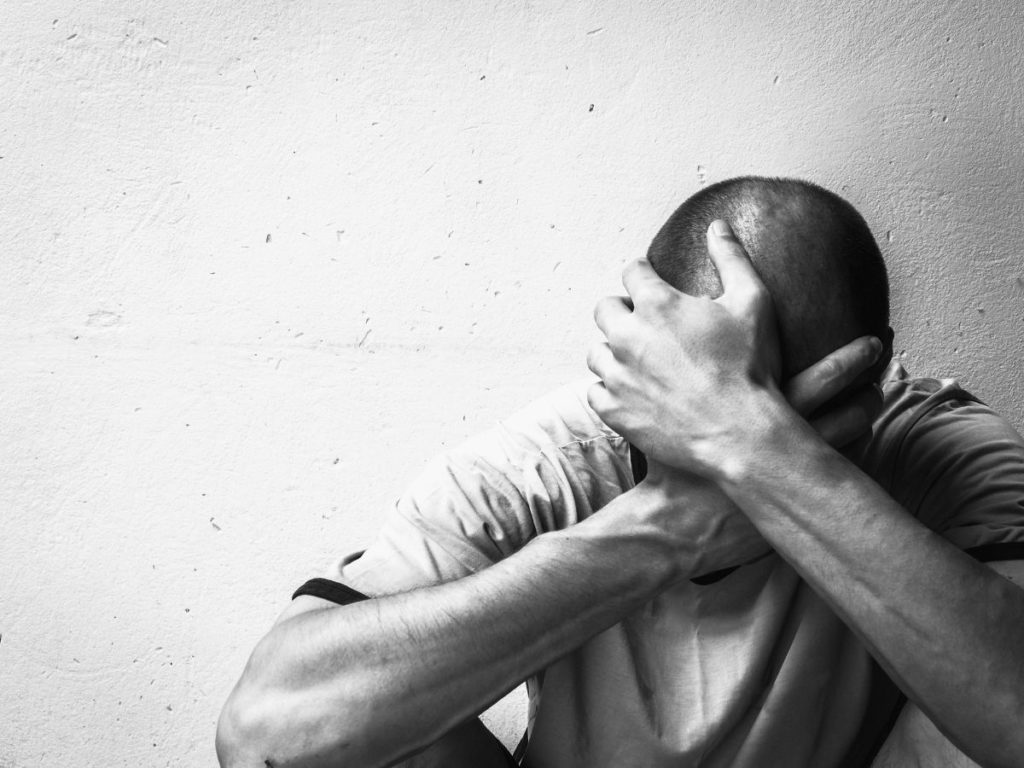
GHB Drug Detox Therapy
In practical terms, you may find your addiction easier or more difficult to break than someone else. Medical supervision is a key part of the process, as the physical and psychological withdrawal symptoms of GHB can be quite disturbing for you. The important thing to remember with GHB addiction treatment is that you are not alone. The right rehab will let you spend time in GHB addiction treatment therapy sessions, where you can explore why you started GHB. This will help you avoid a relapse in the future after your treatment is over. Therapies may include cognitive-behavioral therapy (CBT), group therapy, motivational interviewing, motivational incentives, and multidimensional family therapy.
Treatment For GHB Drug Abuse
Little information is available on treatment options for persons addicted to any club drug, including GHB. Some users of GHB are not physically dependent upon it and can be treated and informed on an outpatient basis. However, chronic use may result in severe withdrawal symptoms upon detoxification, and close medical supervision and supportive care are required for these clients. Hospitalization may range from 7 to 14 days.
Withdrawal effects are reported as severe, and clients may attempt to self-detoxify using benzodiazepines or alcohol. However, these additional substances may worsen withdrawal and lead to respiratory depression, coma, and death. Therefore, it may need benzodiazepines, antihypertensive medications, and anticonvulsants during detoxification, but only under medical supervision.
Reclaim your life from GHB drug Addiction With Dual Diagnosis Rehab Washington
GHB drug addiction is a condition that can cause significant health, social and economic problems that should not be taken lightly. We Level Up dual diagnosis rehab Washington can provide you, or someone you love, the tools to recover from mental health issues associated with GHB addiction with professional and safe treatment. Feel free to call us to speak with one of our counselors. We can inform you about this condition by giving you relevant information. Our specialists know what you are going through. Please know that each call is private and confidential.
We Level Up Washington Mental Health Center: Primary Mental Health Treatment with Secondary Co-Occurring Treatments
The We Level Up Washington primary mental health center stands ready to help. Offering secondary treatment programs for underlying conditions like GHB addiction that frequently fuels harmful behaviors. Taking that first step to get the professional support you need can be life-transforming.
We know how mental health disorders and secondary co-occurring substance abuse diagnoses directly affect one another. The We Level Up Washington treatment center provides recovery programs through science-based mental health treatments that can help you feel better. Call us now for a free mental health evaluation!
Inpatient medical detox and residential primary addiction treatment may be available at affiliated facilities at other We Level Up Treatment Centers locations beyond the Washington treatment facility.
